It was 29 April 2010 and British Prime Minister Gordon Brown was on the campaign trail when a pre-arranged interaction with a local constituent completely smashed his chances of re-election.
Hungry news crews were there to film his sidewalk chat with 66 year old Gillian Duffy. What was meant to be a friendly interchange with a constituent quickly turned into a disaster, as the local volunteer worker seized the opportunity to berate the stranded Prime Minister on everything from the state of the economy to immigration policy.
To be fair to Mr Brown, he handled himself as best he could at this point, politely listening and displaying the image of a reasonable, tolerant politician taking his medicine from a clearly unhappy voter. (Albeit as soon as the interview finished Gillian Duffy told reporters she regarded Mr Brown as a nice man and confirmed her intention to vote Labour.)
We all know that most politicians are generally regarded as some of the most skilled experts when it comes to interactions with the media, but what happened next is irrefutable evidence that even the most experienced performers can get caught out.
Once safely back in his car and speeding away from the scene, the Prime Minister turned to an adviser and let rip with the few words that many political pundits believe spelled the end of his re-election prospects: “That was a disaster. You should never have put me with that woman … she was just a bigoted woman!”
The problem? Mr Brown had forgotten one of the golden rules of media performance: the microphone is never off … in this case quite literally, as the radio microphone was still pinned to his lapel and every word he said was being gleefully recorded by a Sky News sound technician.
My point is pretty simple: if even the most experienced of performers can be caught out when dealing with news crews, why would anyone faced with the prospect of being interviewed by a journalist think it wouldn’t be worth considering a little bit of media training?
Let me put it another way. Would Cate Blanchett or Mel Gibson even think about performing live on stage without first rehearsing?
Media training is important for a number of reasons, but I want to highlight three in particular.
First, the media environment is unique. Unlike the ordered world of corporate life, the nature of the way journalists operate is chaotic, reactive and often highly inflammatory. Getting insight into this strange world is critical. You need to understand not just what to do but why it is so important. Why is it, for example, that you should probably get someone else from your office to meet the camera crew and ensure their equipment is set up and ready to go before you step into the room for the interview?
Secondly, you need to know the most important things to do to ensure you are prepared. What are your key messages and why are they important? Why do you need to stick to them and why should you rehearse in advance?
Thirdly, media interviews are a performance not just a conversation. When the lights are turned on and the camera is placed under your nose, you cease to be the school Head and you become an actor. Of special note, speaking is a mechanical exercise. It is not just about mental preparation — being interviewed is a physical activity. Do football players sit in the room pre-match and just ponder what they will do when the game begins? No, they generally get out on the field, do a few drills and practise their skills. More to the point, how often have you witnessed an AFL player prior to a game kicking for goal and calmly slotting every shot straight through the middle? Ten minutes later when the game has started and the pressure is on, you see them kicking from that exact same position and missing five times in a row! That’s the point – practise is about preparing to perform in a pressured environment and that is why physical practise is crucial.
So, if you think you’re a smooth operator who doesn’t need some training in media performance, I would urge you to think again. After all, media interviews bear a remarkable resemblance to the closing scene of many crime dramas when the detective finally catches up with the felon and reads him his rights: “Remember, everything you say may be taken down and used in evidence against you.”
You have been warned.
John Le Cras has nearly 40 years’ experience in journalism, public relations, marketing and corporate executive roles. John launched his own consulting firm in 2011 and works extensively in issue management and crisis communication in the private school sector. jlca.com







